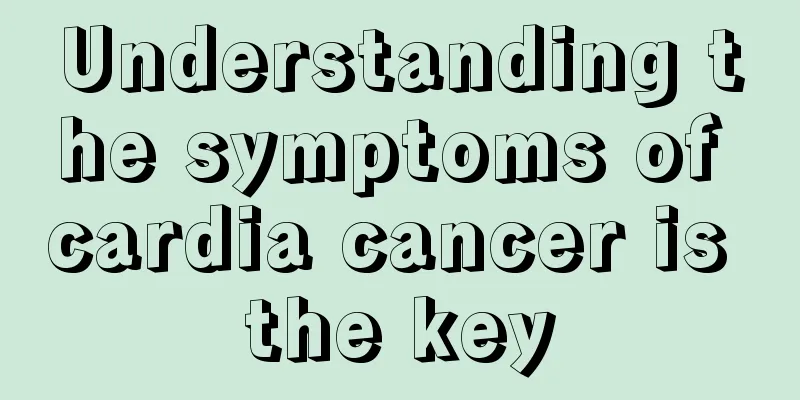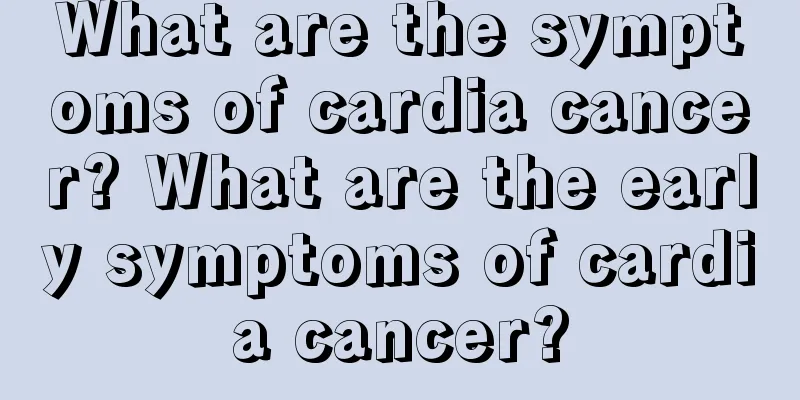Is there such a disease as testicular cancer?

|
Testicular cancer is a relatively rare malignancy in the male reproductive system, but it does exist. Early detection and treatment are crucial to prognosis. The main symptoms include a testicular mass, pain or heaviness, and treatments include surgery, radiotherapy and chemotherapy. 1. Causes of testicular cancer The cause of testicular cancer is not fully understood, but it may be related to genetics, environmental factors, and physical factors. Men with a family history of testicular cancer have a higher risk of the disease. Environmental factors such as exposure to certain chemicals or radiation may also increase the risk of disease. Physical factors such as cryptorchidism or abnormal testicular development are also associated with the development of testicular cancer. 2. Symptoms of testicular cancer Common symptoms of testicular cancer include a painless mass in the testicle, swelling or heaviness in the testicle. Some patients may also experience pain in the lower abdomen or groin area. Advanced symptoms may include back pain, cough or difficulty breathing, indicating that the tumor may have spread to other parts of the body. 3. Diagnosis of testicular cancer Diagnosis of testicular cancer usually includes physical examination, ultrasound examination and blood tumor marker detection. Ultrasound examination can determine the nature and location of the mass. In blood tests, elevated levels of alpha-fetoprotein AFP, human chorionic gonadotropin HCG and lactate dehydrogenase LDH may indicate the presence of testicular cancer. 4. Treatment of testicular cancer Treatments for testicular cancer mainly include surgery, radiotherapy, and chemotherapy. Surgery is usually an orchiectomy, which removes the affected testicle to prevent the spread of the tumor. Radiotherapy is mainly used for seminoma, using high-energy rays to kill cancer cells. Chemotherapy is used for advanced or recurrent testicular cancer, and commonly used drugs include cisplatin, etoposide, and bleomycin. 5. Prognosis of testicular cancer The prognosis for testicular cancer is generally good, especially when detected and treated early. The five-year survival rate for seminoma is over 95%, and the five-year survival rate for non-seminoma is around 80%. Regular follow-up and monitoring of tumor marker levels are essential to prevent recurrence. Although testicular cancer is rare, men should perform regular self-examinations, especially those with a family history or high-risk factors. Early detection and treatment can significantly improve survival rates and quality of life. If there are any abnormal symptoms, you should seek medical attention for professional diagnosis and treatment in a timely manner. |
<<: What are the symptoms of thyroid cancer in the throat
>>: The baby has a bump on his head, what's going on?
Recommend
Ten doctors’ heartfelt words
Due to the particularity of the medical professio...
Treatment of Hyponatremia
Hyponatremia is a disease that is easy to occur i...
Reasons for high C-reactive protein
We all want to maintain good health, because keep...
The correct way to wash your hair with aloe vera
Aloe vera is not only an ornamental plant, but al...
Arthroscopic surgery
There are more and more joint diseases, and most ...
How to massage breasts to make them bigger, you need to know these two acupoints
With the trend of society, many women want to hav...
Which department should I go to for liver cancer? You can go to these five departments
Choosing surgical resection in the early stages o...
Renal Hamartoma Symptoms and Diagnosis
Renal hamartoma is a benign tumor with common sym...
What is World Glaucoma Week
Nowadays, the living standard is better, but ther...
Is it okay to drink black tea on an empty stomach in the morning?
Many people like to drink black tea on an empty s...
The most scientific way to eat garlic
Some people are very sensitive to the taste of ga...
Can I eat sweet beans if I have constipation?
Many of our friends may have eaten sweet beans in...
Why is my lower body cold?
Many people always feel that their lower body is ...
Fruits that clear away heat and reduce internal heat
Fruit is an essential food every day. Of course, ...
What are the symptoms of skin cysts
No matter what age we are, no matter whether we a...









